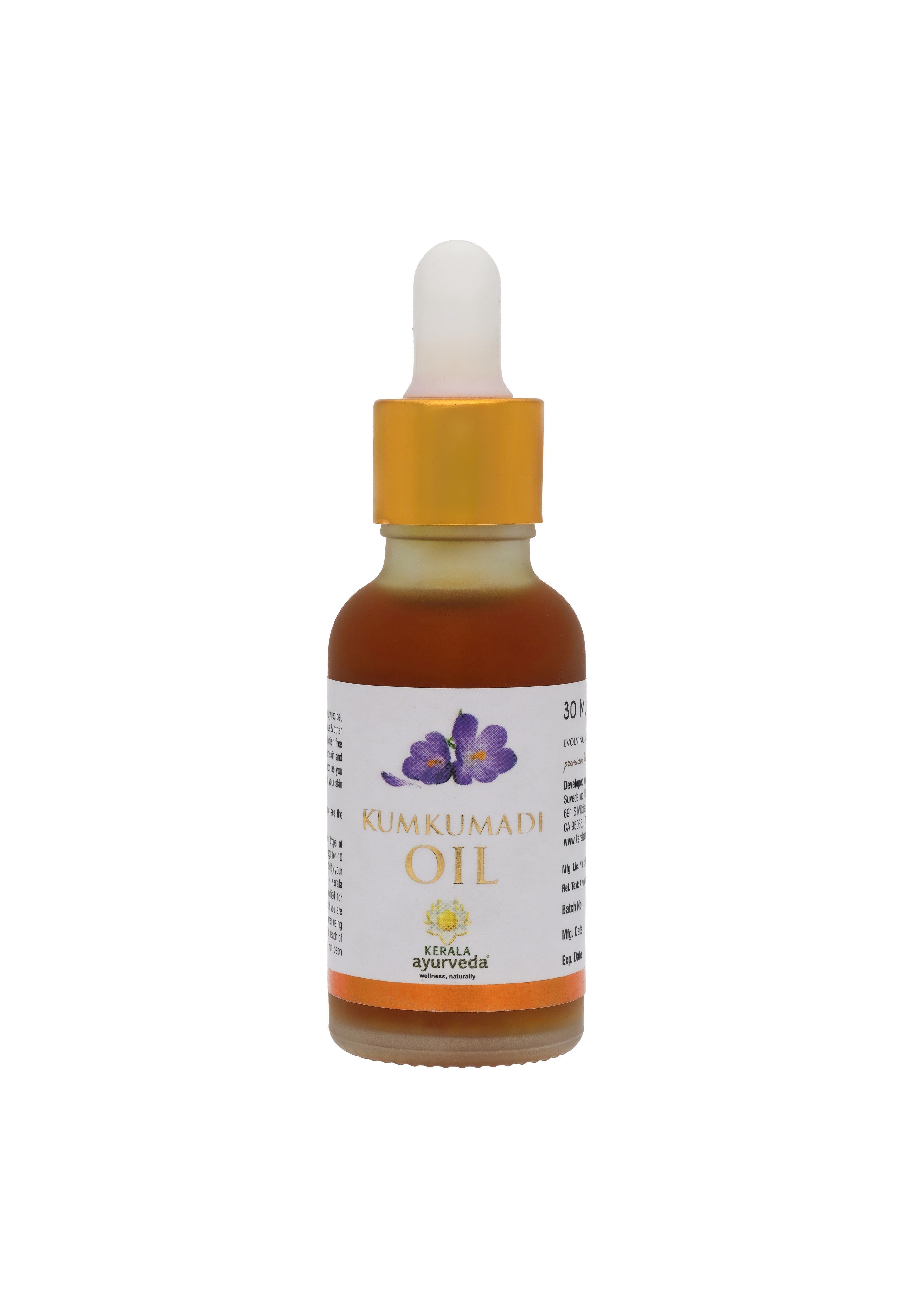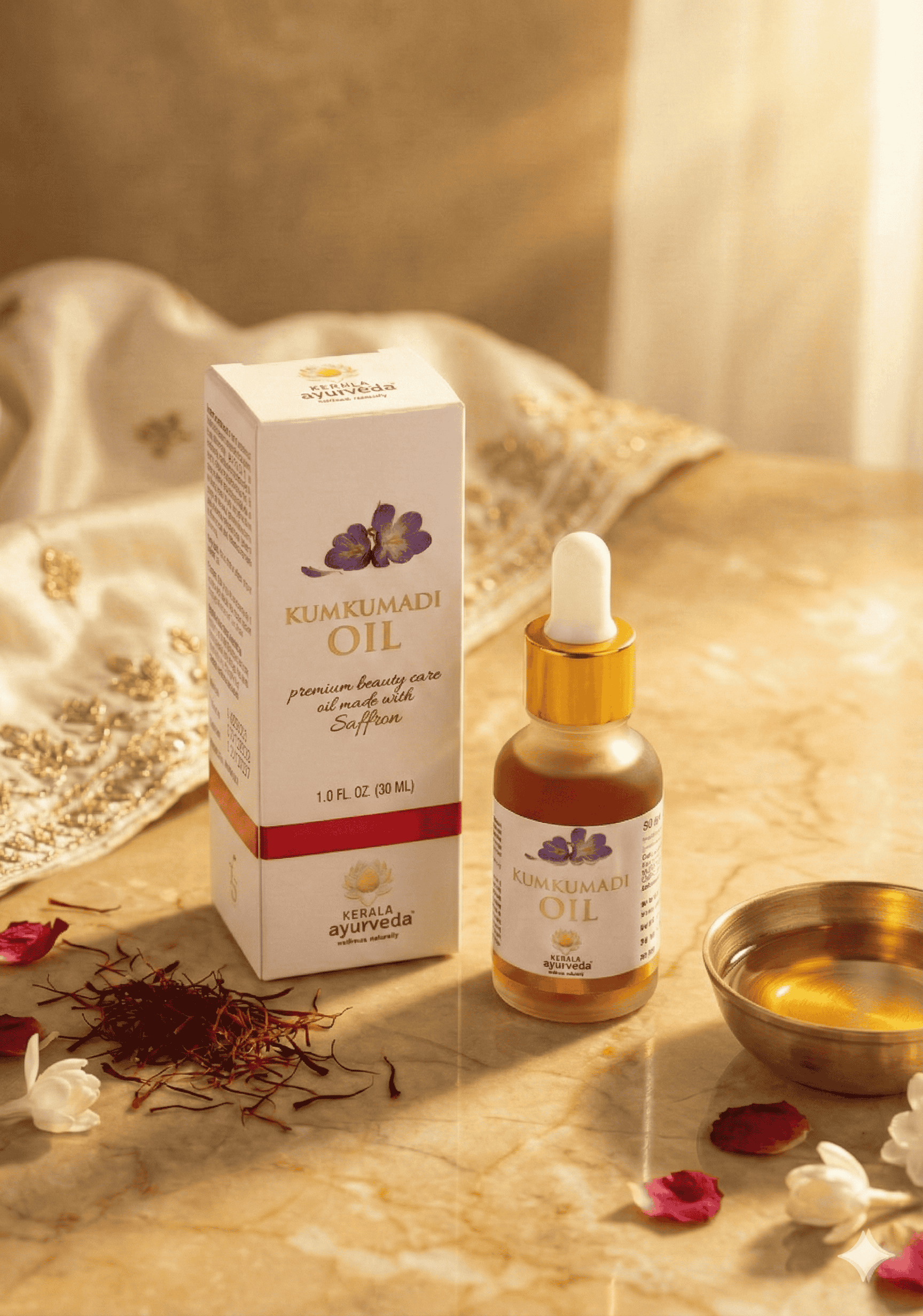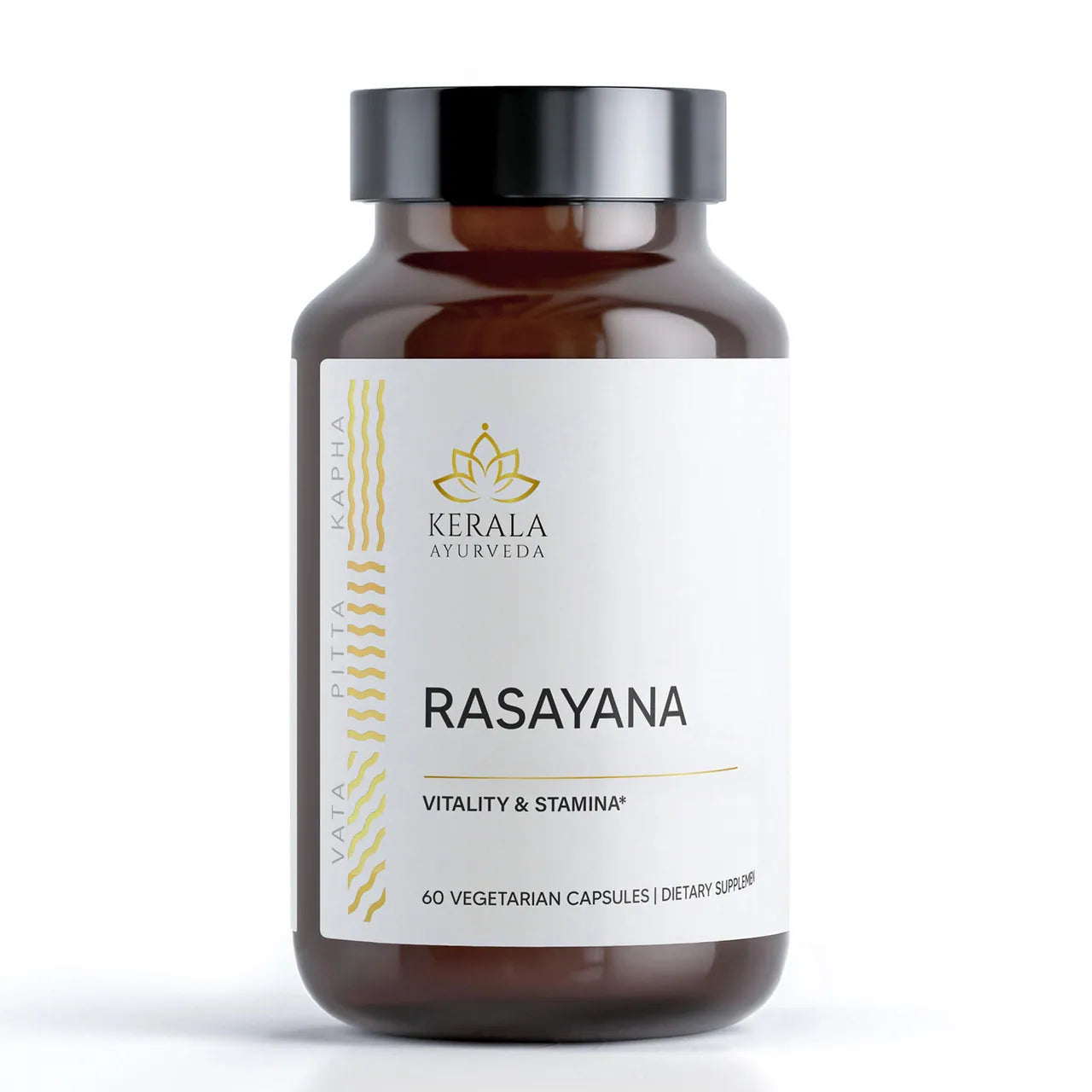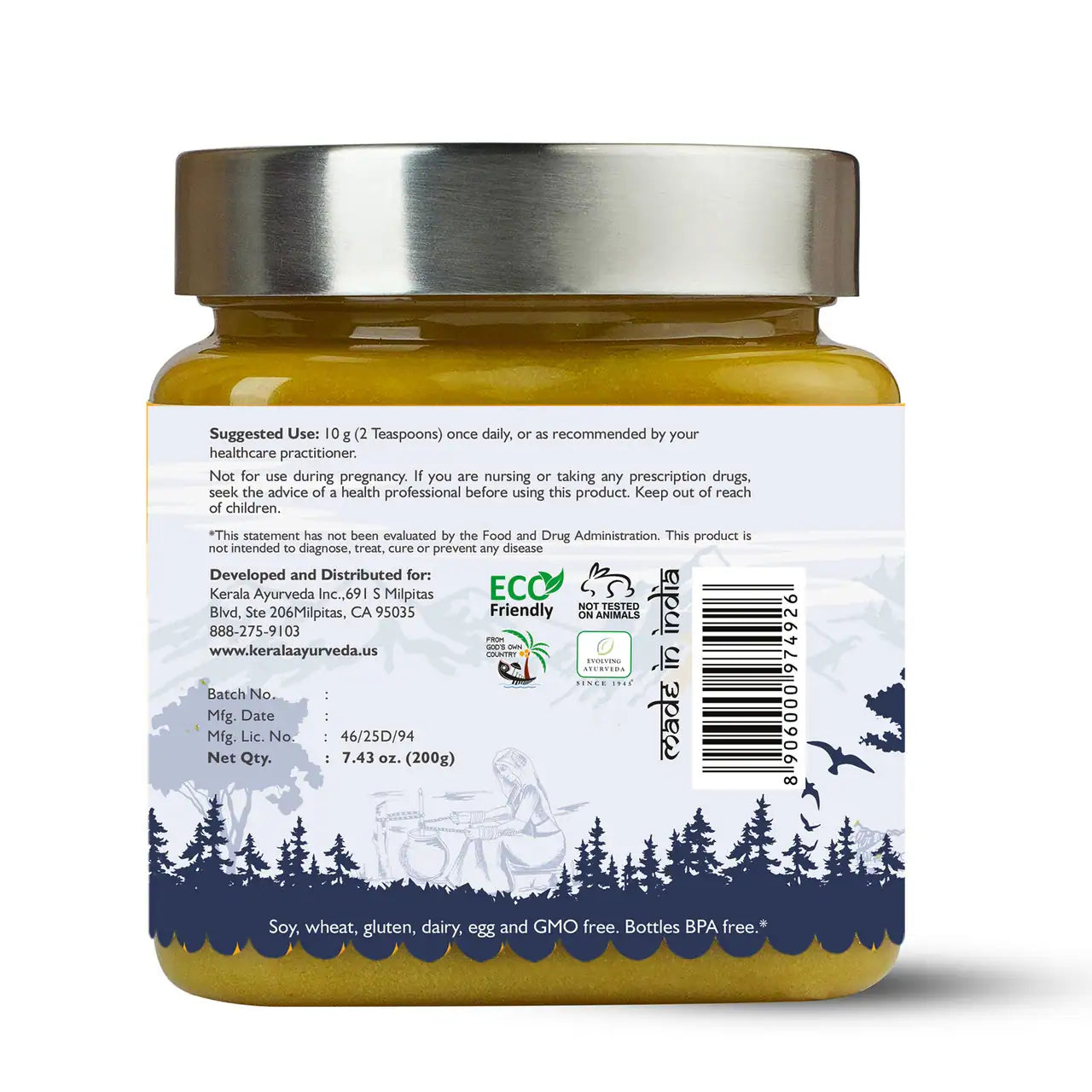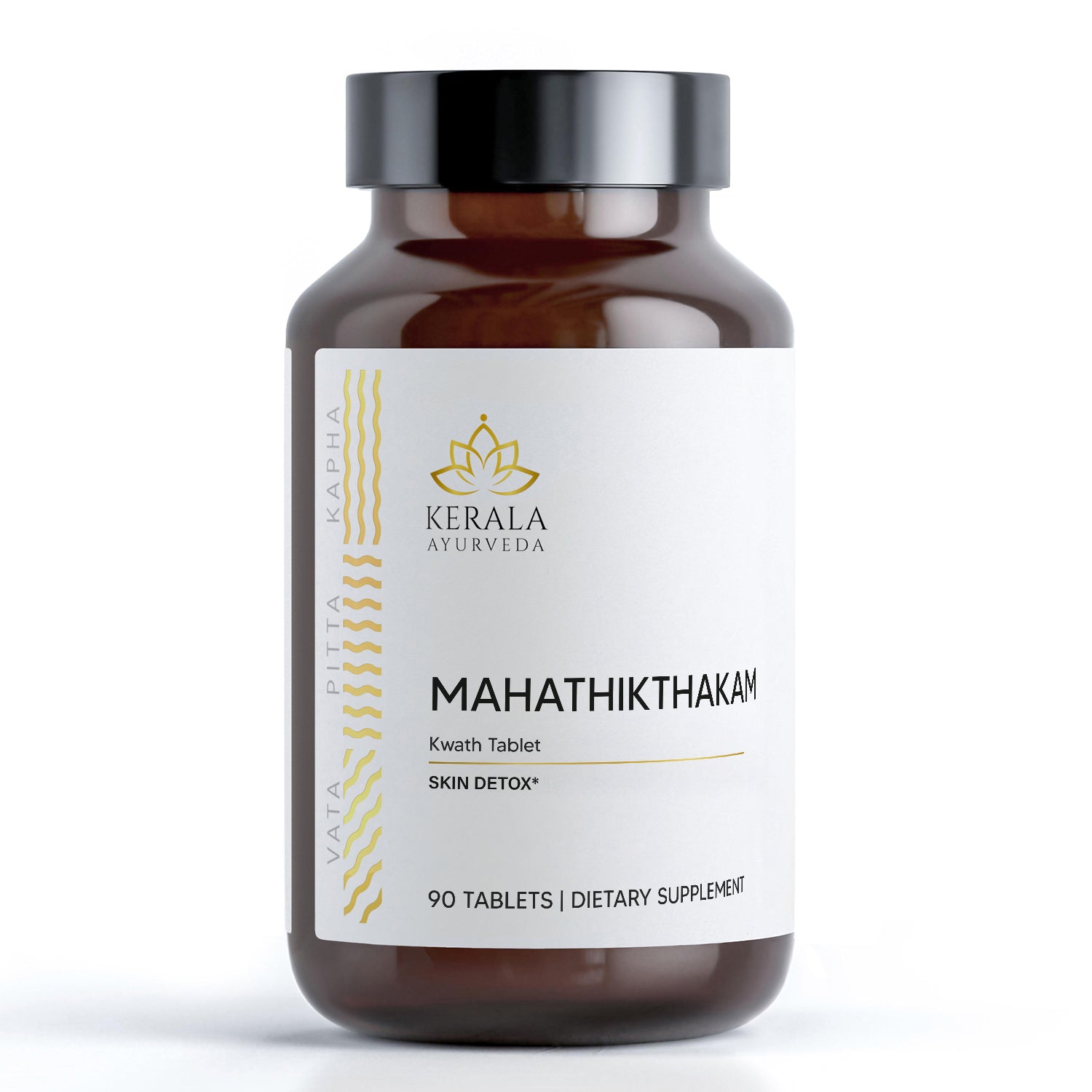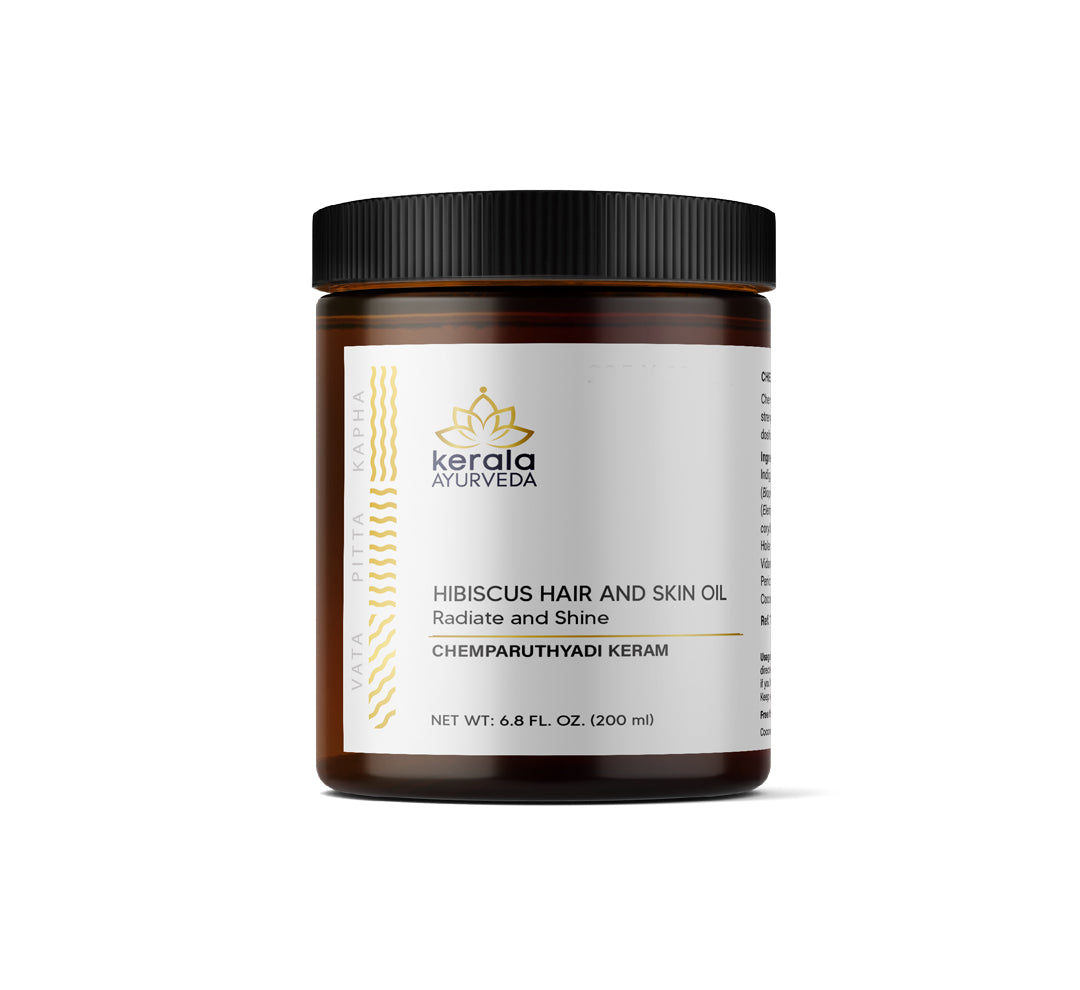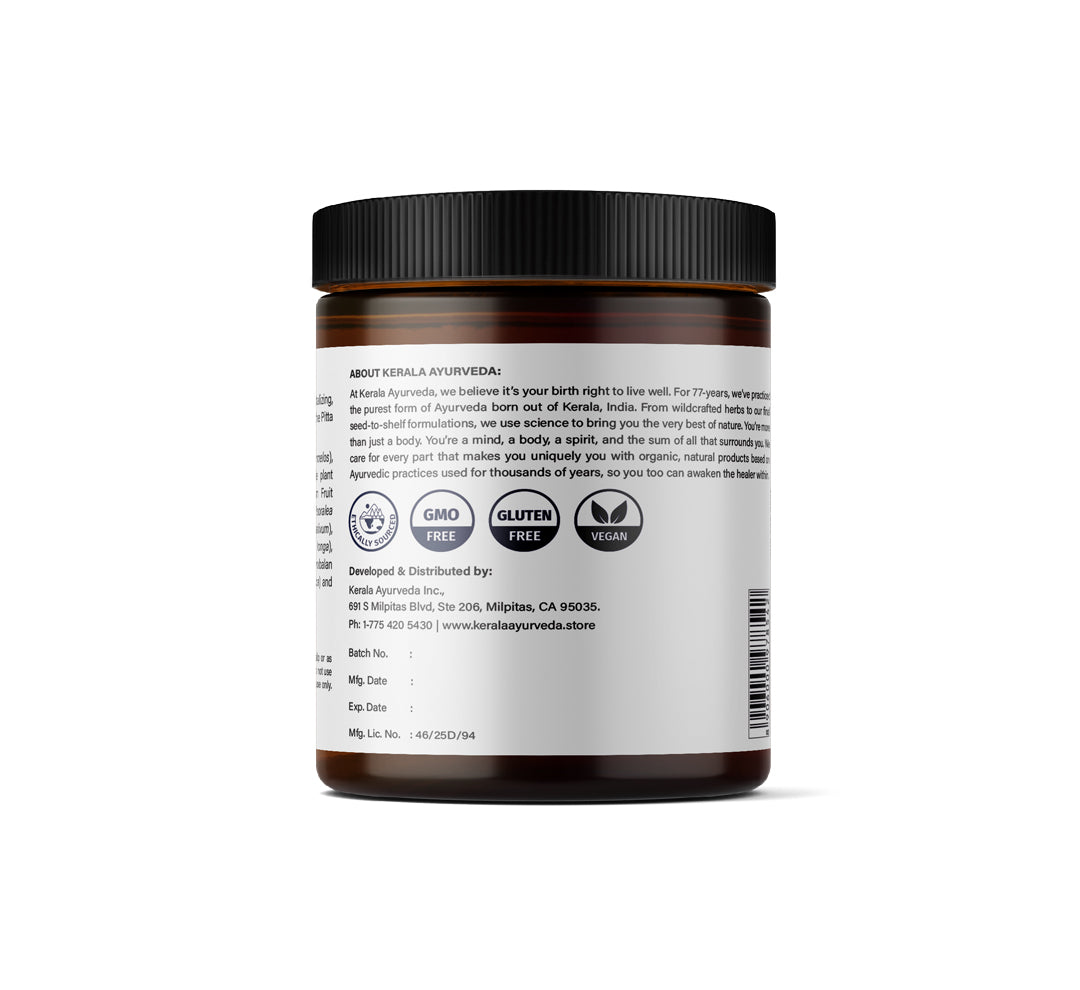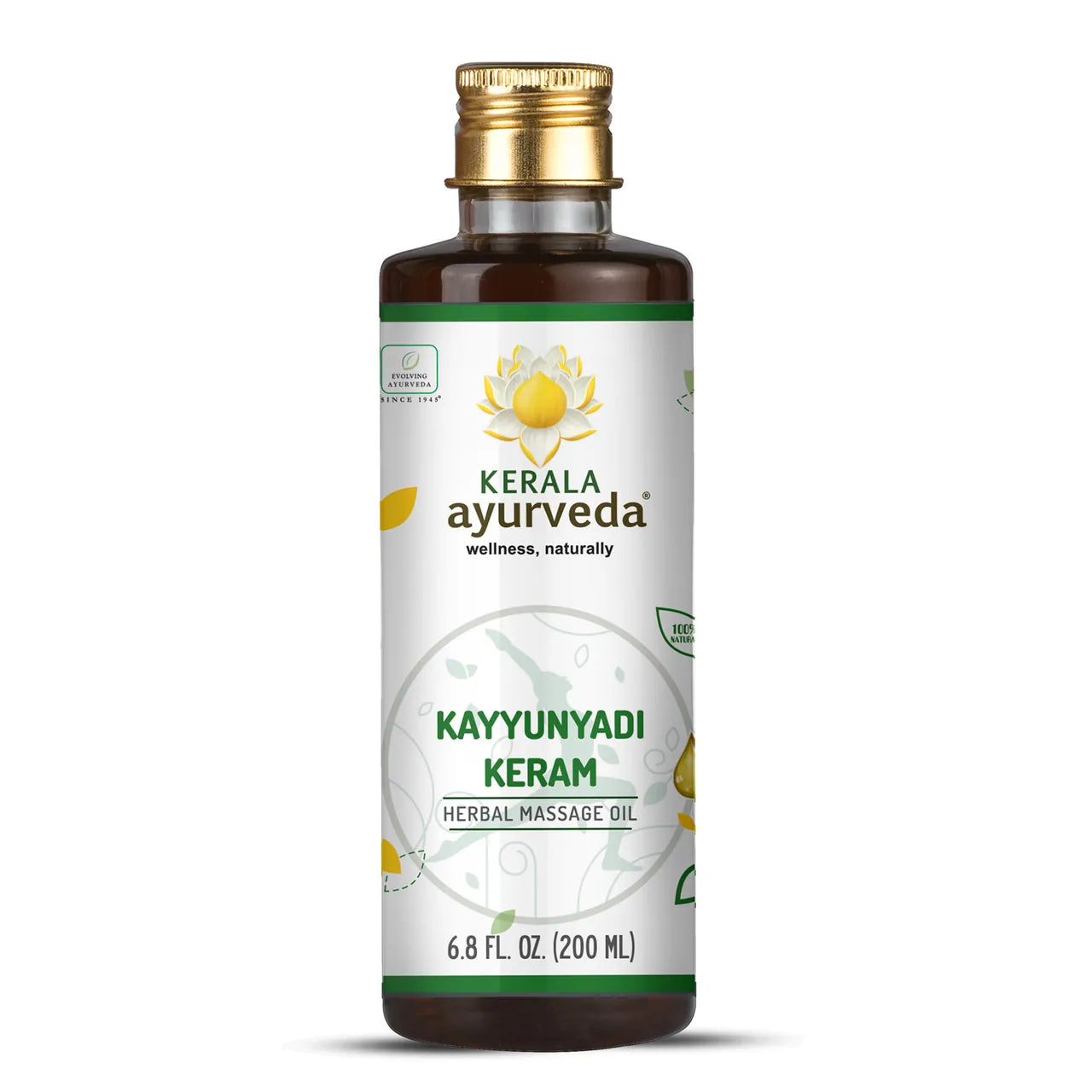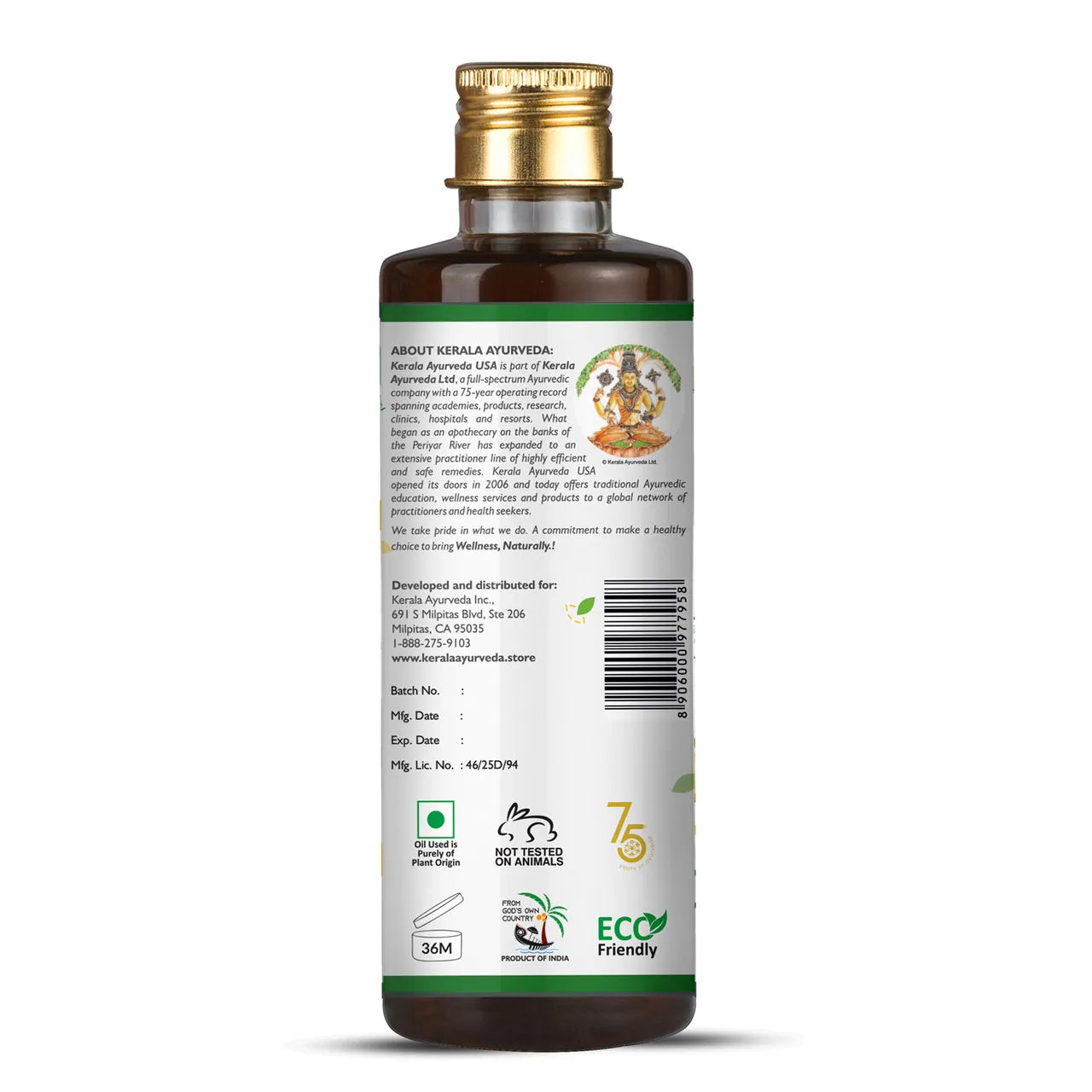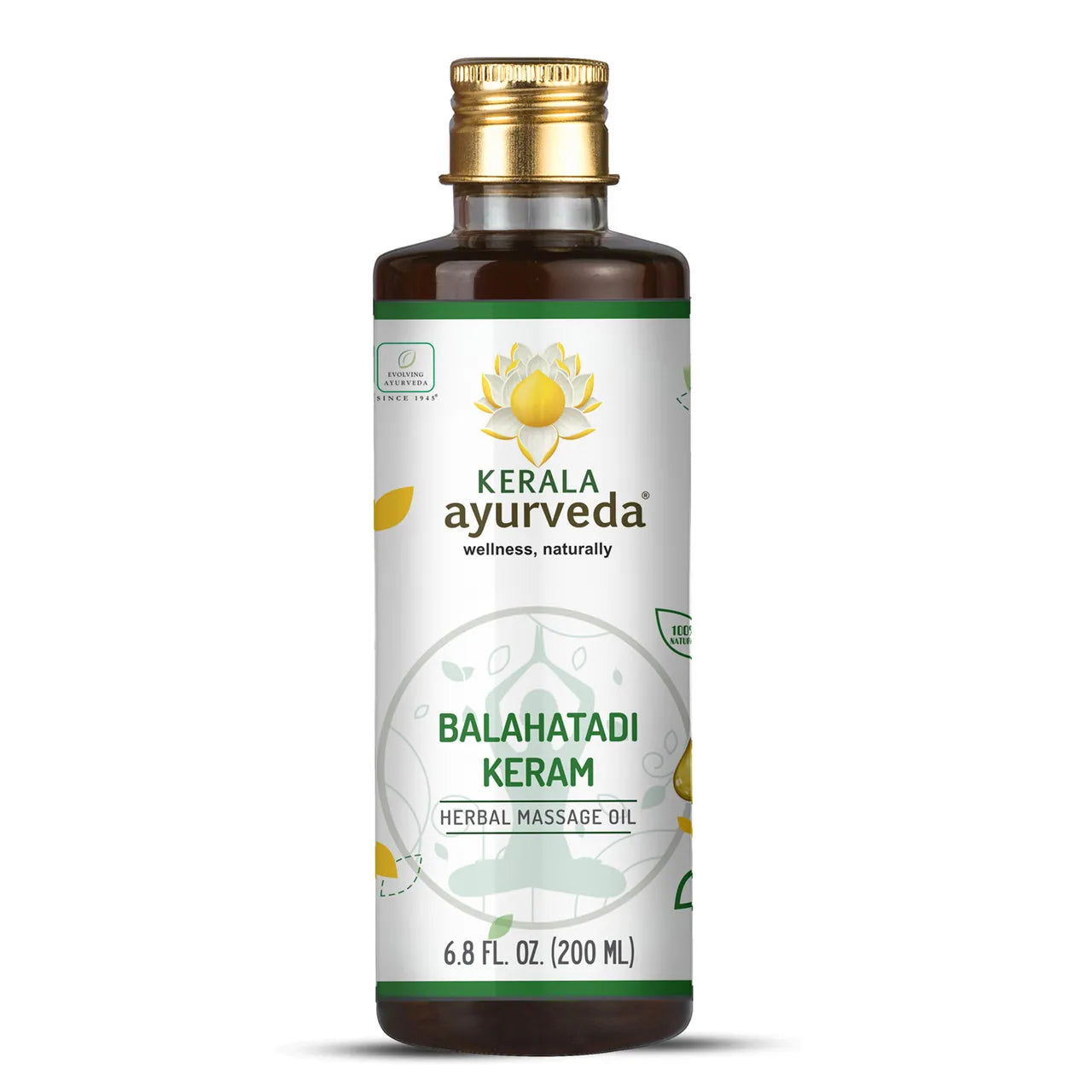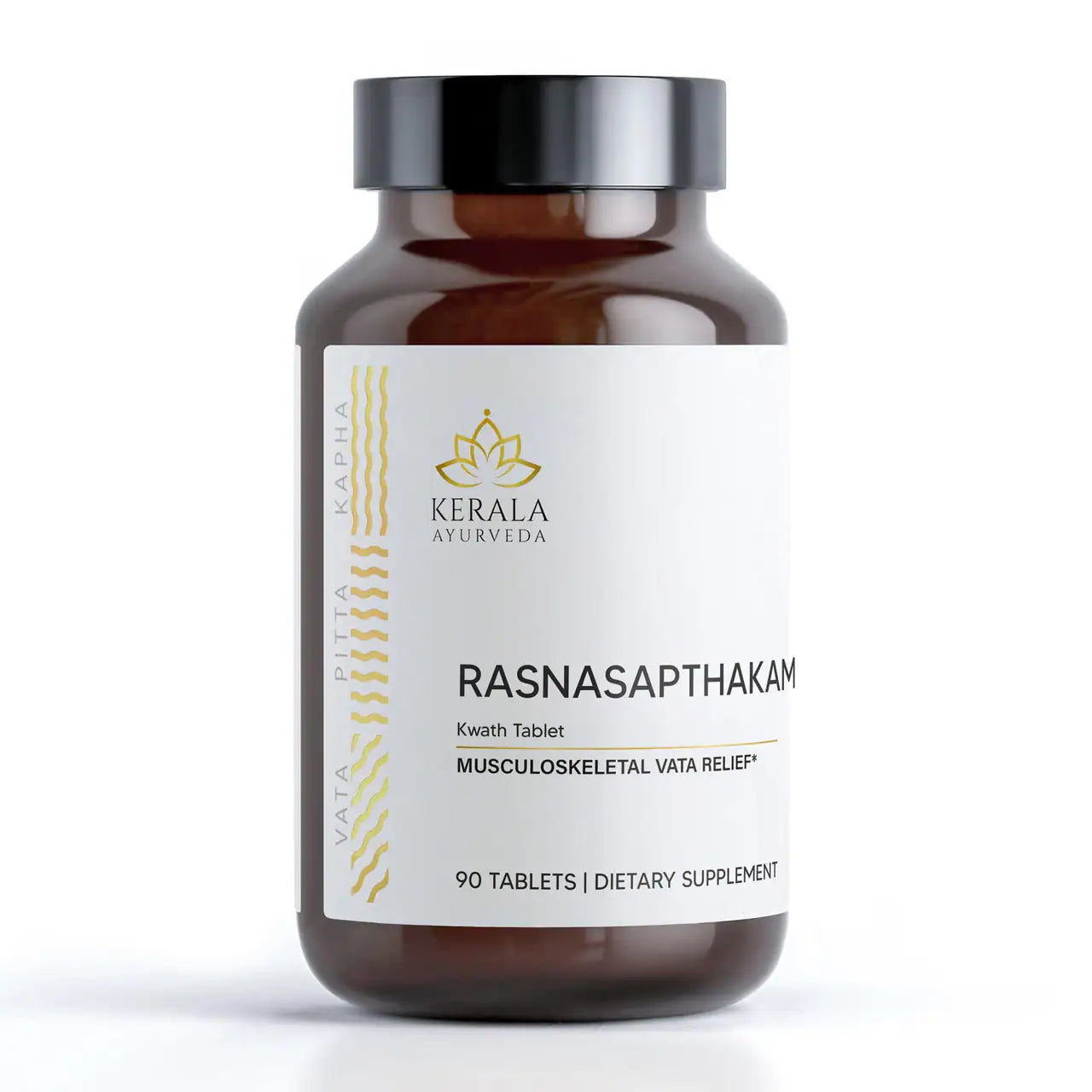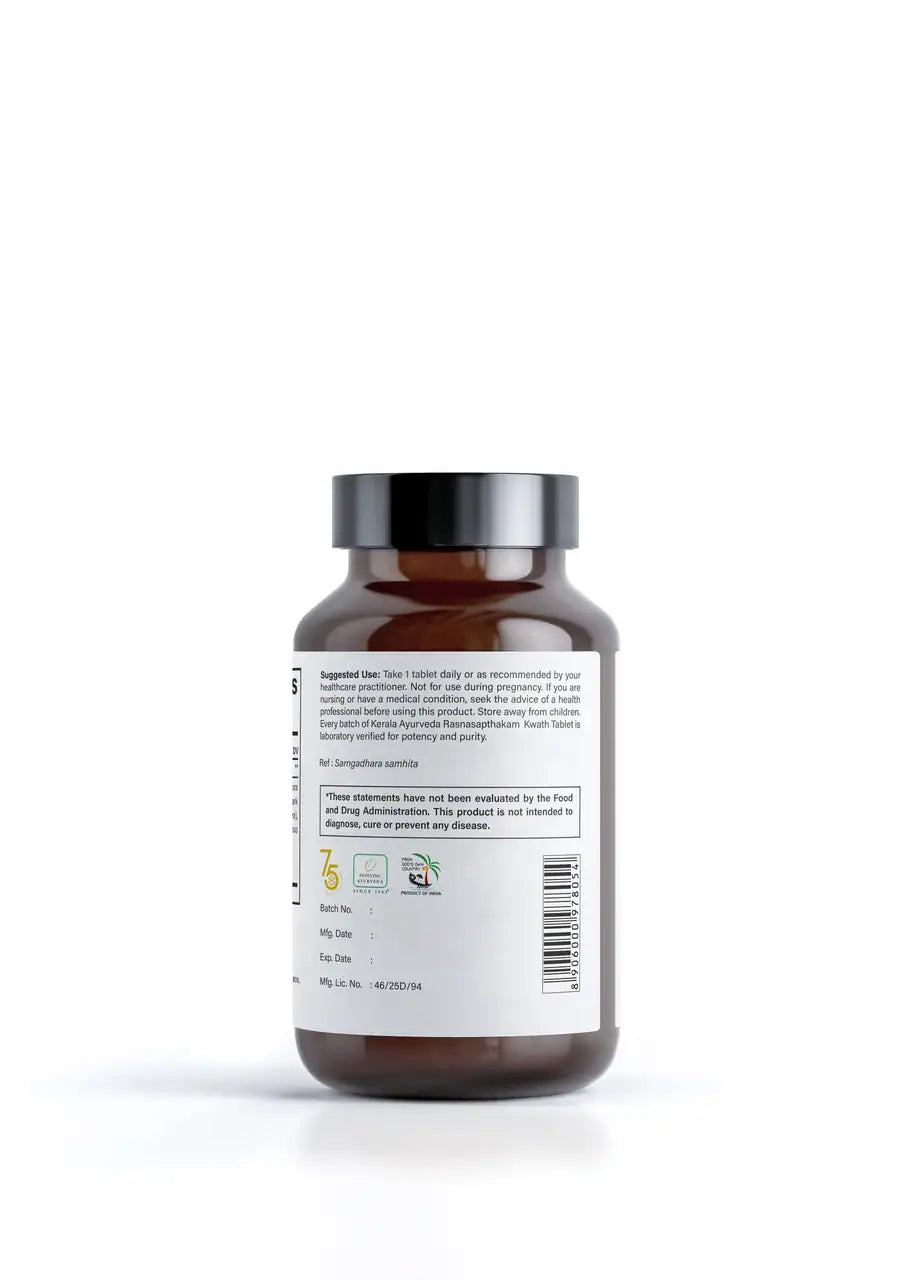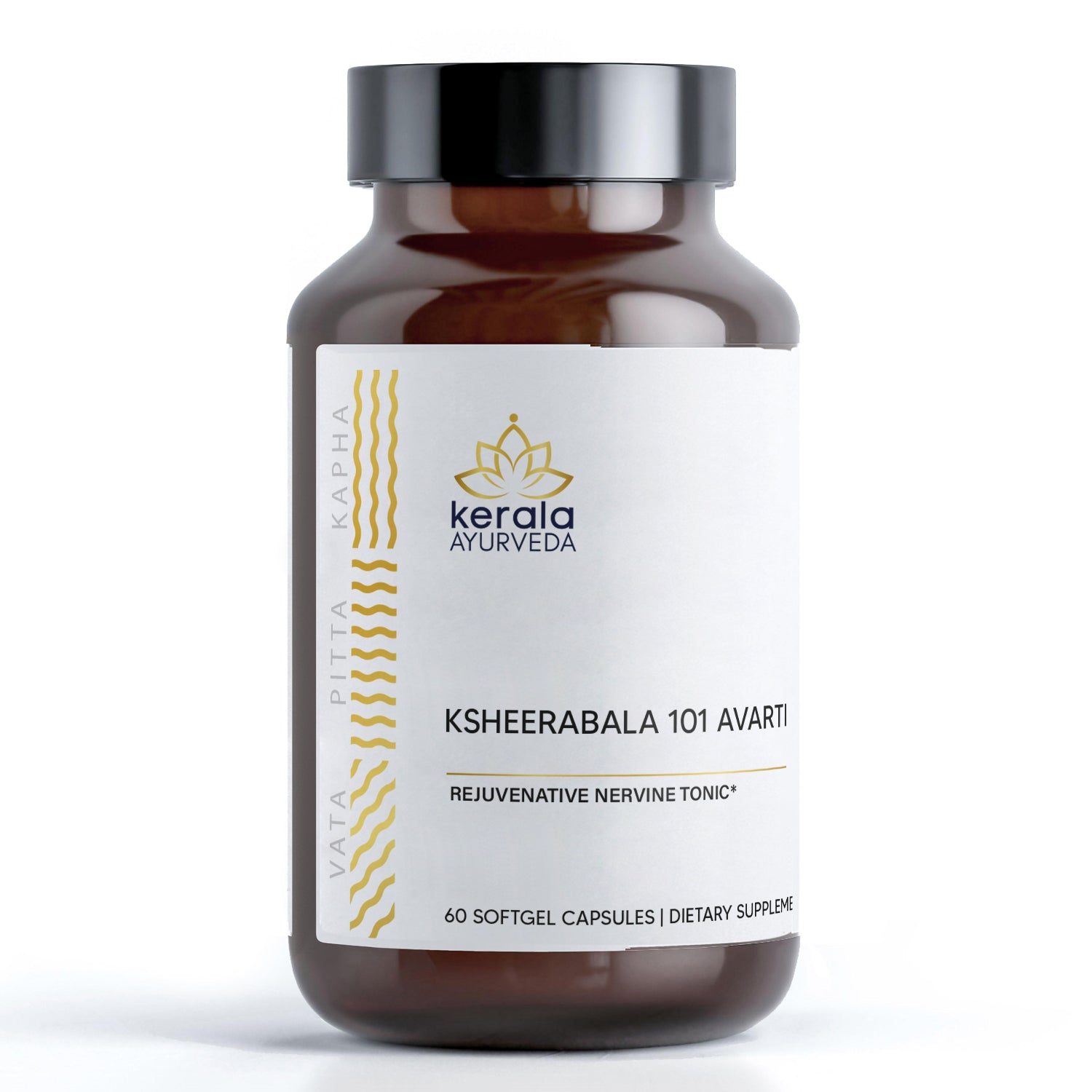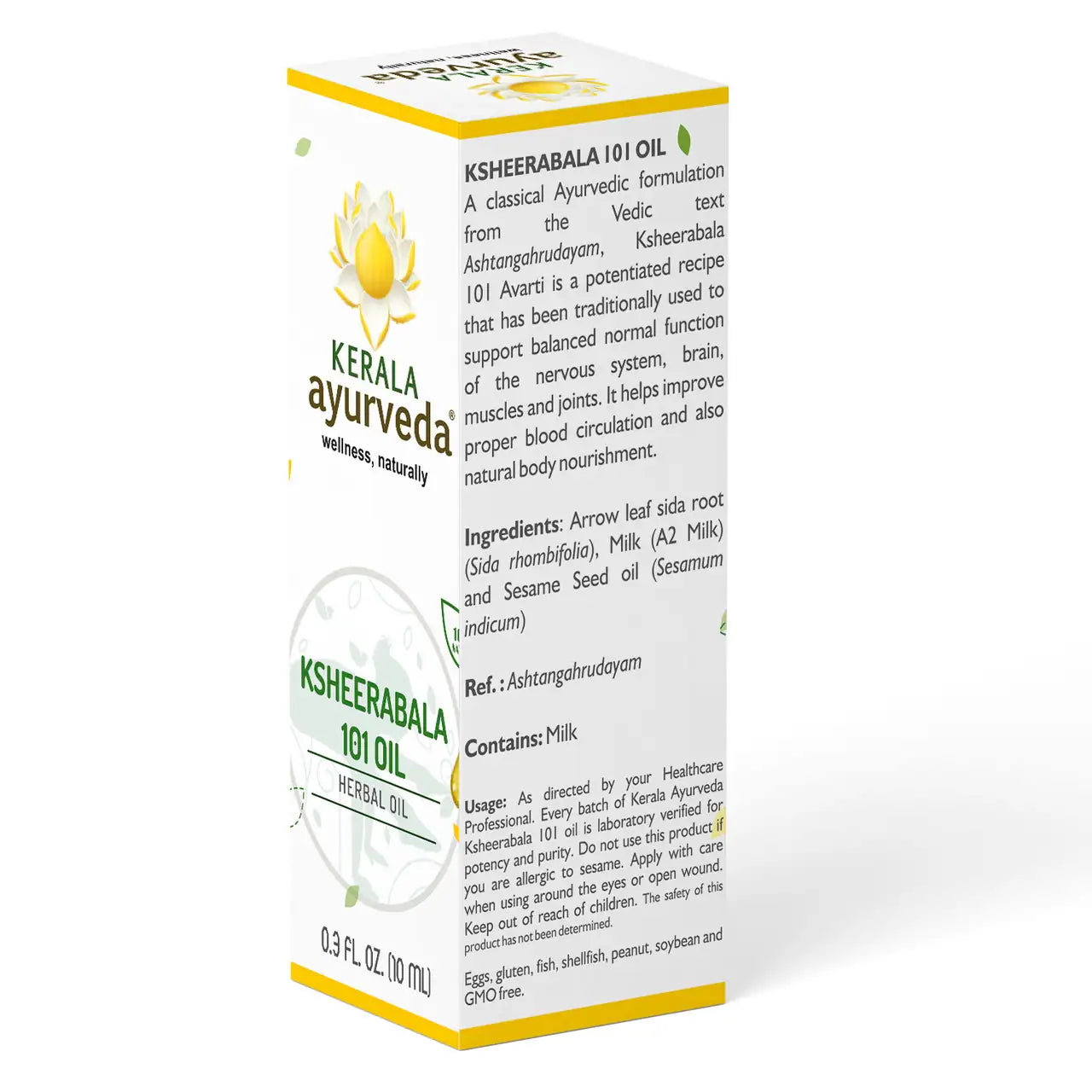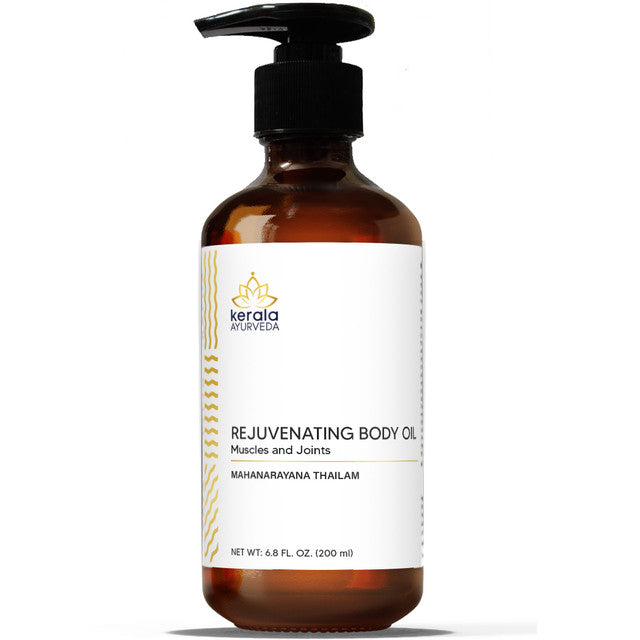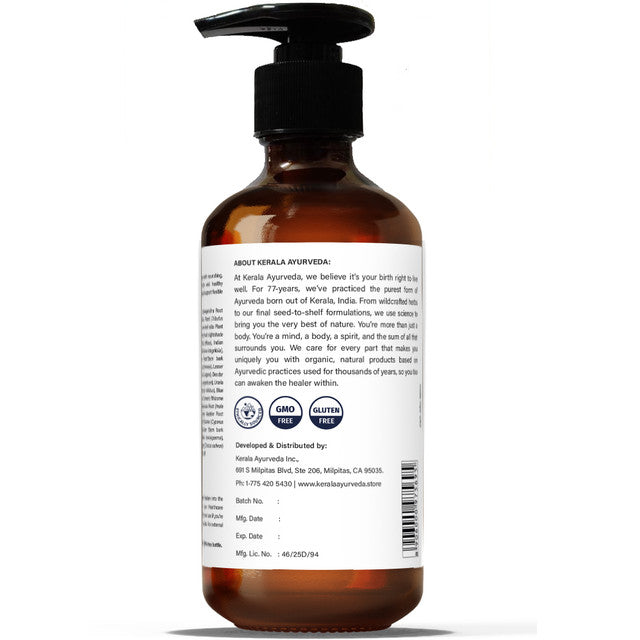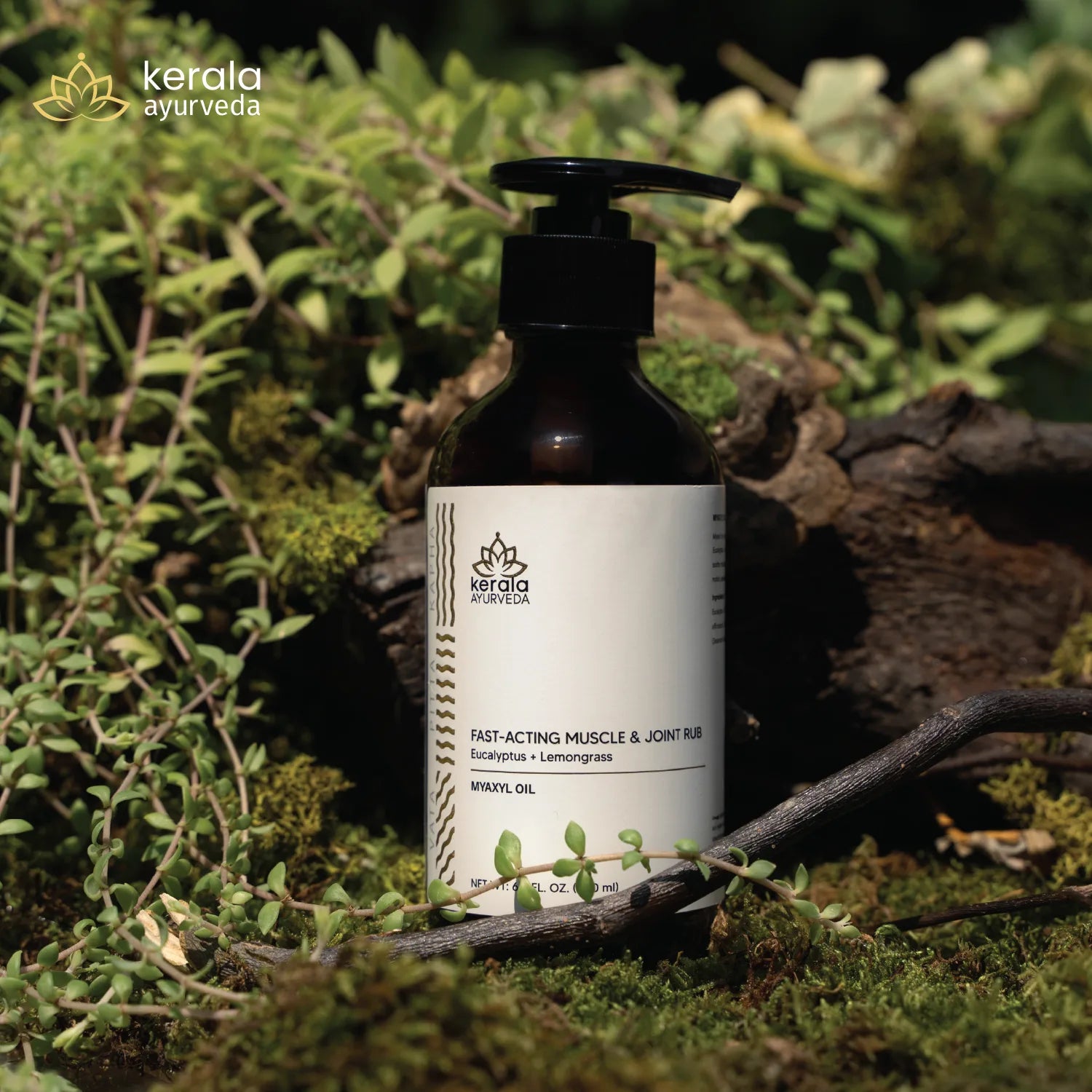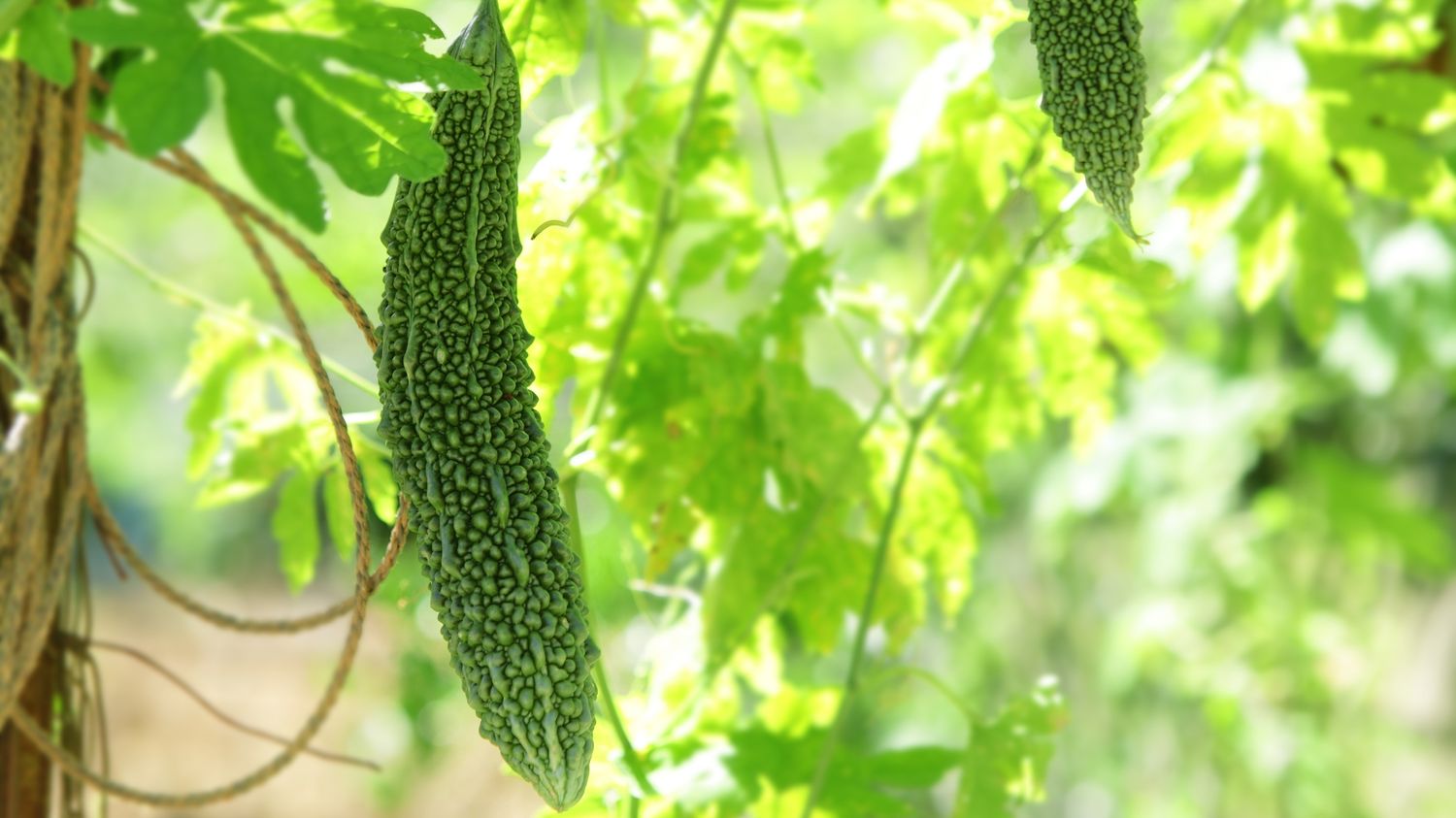Highlights
The Six Tastes of Ayurveda: Balancing Life Through Flavor
In Ayurvedic tradition, food is considered a fundamental pillar of health and wellbeing. Central to this philosophy is the concept of Shad Rasa or the six tastes, which form the cornerstone of balanced nutrition and wellness. These six tastes—Madhura (Sweet), Amla (Sour), Lavana (Salt), Katu (Pungent), Tikta (Bitter), and Kashaya (Astringent)—are not merely flavor preferences but represent complex combinations of the five basic elements that compose everything in our universe.
Each taste has specific qualities, functions, and effects on our body, mind, and doshas (the three fundamental energies: Vata, Pitta, and Kapha). According to Ayurvedic principles, incorporating all six tastes in our meals promotes complete nutrition and balanced health.
The elemental composition of each taste determines its effects on the doshas
- Sweet taste combines earth and water – supports Pitta + Vata
- Sour taste arises from fire and earth – supports Vata
- Salt taste forms from water and fire – supports Vata
- Pungent taste consists of fire and air – supports Kapha
- Bitter taste emerges from ether and air – supports Kapha + Pitta
- Astringent taste combines earth and air – supports Kapha + Pitta
Traditional Ayurvedic wisdom suggests consuming these tastes in a specific order during meals: beginning with sweet, followed by sour and salty, then pungent, bitter, and astringent. This sequence optimizes digestion and supports overall balance.

Bitter Taste in Spring: Seasonal Alignment for Optimal Health
Spring (Vasanta Ritu) in Ayurveda is characterized by the accumulation and aggravation of Kapha dosha. As nature awakens from winter dormancy, our bodies naturally begin a process of renewal and detoxification. This is when the bitter taste becomes particularly valuable as the first green plants of Spring provide an abundance of bitterness.
During spring, the earth becomes saturated with moisture from melting snow and rain. Similarly, our bodies tend to accumulate excess Kapha (water and earth elements), manifesting as congestion, heaviness, and lethargy. The bitter taste, composed primarily of air and ether elements, provides the perfect opposite effect to this natural Spring imbalance.
Bitter Herbs and Foods Offer a Cleansing Effect
- Counteracts heaviness with its light quality
- Balances excess moisture and congestion with its drying quality
- Supports the body's natural cleansing processes
Traditional Ayurvedic practitioners recommend increasing consumption of bitter taste during spring months to facilitate this seasonal transition and support the body's natural cleansing processes. This aligns with many cultures worldwide that incorporate spring cleansing practices using bitter greens and herbs.
How Bitter Taste Supports Health and Wellbeing
Bitter taste, composed primarily of ether and air elements, possesses distinctive qualities that make it invaluable for health and healing. Its fundamental characteristics include being dry (ruksha), cold (sheeta), and light (laghu). These qualities enable bitter taste to balance specific doshas and address various imbalances.

Digestive Support
Bitter taste performs several critical functions for digestive wellness:
- Awakens digestion: Stimulates digestive secretions and enzymes
- Cleanses the palate: Removes coating and impurities from the tongue
- Improves appetite: By triggering digestive processes
- Supports healthy liver function: Stimulates bile production and flow
Natural Purification
One of bitter taste's most significant benefits is its purifying properties:
- Blood purification: Bitter herbs help support healthy blood
- Liver function: Supports the body's primary organ of detoxification
- Removes Ama: Helps eliminate accumulated metabolic waste
- Promotes healthy intestinal flora: Many bitter herbs support gut health
Metabolic Balance
Bitter taste plays a crucial role in maintaining optimal metabolism:
- Healthy blood sugar levels: Bitter herbs help regulate glucose metabolism
- Promotes healthy fat metabolism: Supports the breakdown of excess fat
- Natural weight management: Its light quality helps counter heaviness
- Supports balanced cholesterol: Supports healthy lipid metabolism

Mahathikthaka: The Classical Ayurvedic Bitter Formula
Mahathikthaka, meaning "great bitter formulation," represents one of Ayurveda's most sophisticated polyherbal preparations. It is available in two forms: Mahathikthaka Kwath (tablets) and Mahathikthaka Ghritam (herbal ghee). Both harness the power of bitter herbs but deliver them through different vehicles for specific applications.
These formulations exemplify the Ayurvedic principle of synergy—a combination of bitter herbs to create effects greater than the sum of their parts. Traditional texts describe how these bitter herbs work together to balance doshas, purify tissues, and restore optimal functioning.
Mahathikthaka Kwath and Ghritam supports wellness in several ways
Skin Wellness
- Promotes clarity and healthy complexion
- Supports balanced skin moisture
- Helps maintain skin's natural protective function
- Supports healthy inflammatory response in the skin
Digestive Balance
- Maintains healthy digestive fire (Agni)
- Supports proper liver function
- Promotes comfortable digestion
- Helps balance natural stomach acid levels
Purification Support
- Enhances the body's natural detoxification processes
- Supports healthy blood quality
- Helps remove accumulated metabolic waste (Ama)
- Promotes tissue cleansing
Systemic Support
- Helps maintain balanced body temperature
- Supports joint comfort and mobility
- Promotes healthy immune function
- Contributes to overall vitality and wellbeing

The Key Bitter Herbs in Mahathikthaka
The traditional Mahathikthaka formulation contains several potent bitter herbs, each contributing unique properties to the overall effect:
Nimba (Azadirachta indica) - Neem
- Primary qualities: Extremely bitter, cooling, light
- Traditional uses: Purification, skin support, immune support
Guduchi (Tinospora cordifolia) - Giloy
- Primary qualities: Bitter, astringent, sweet, mildly heating
- Traditional uses: Supports healthy immune function, promotes vitality
Patola (Trichosanthes dioica) - Pointed gourd
- Primary qualities: Bitter, light, cooling
- Traditional uses: Digestive support promotes clarity
Kantakari (Solanum xanthocarpum) - Yellow-berried nightshade
- Primary qualities: Bitter, pungent, light, cooling
- Traditional uses: Supports healthy respiratory function
Kutaja (Holarrhena antidysenterica) - Kurchi bark
- Primary qualities: Bitter, astringent, cooling
- Traditional uses: Supports intestinal health, promotes digestion
Chandana (Santalum album) - Sandalwood
- Primary qualities: Bitter, sweet, cooling
- Traditional uses: Cooling support promotes skin health
Sariva (Hemidesmus indicus) - Indian sarsaparilla
- Primary qualities: Bitter, sweet, cooling
- Traditional uses: Supports healthy blood and skin
Bhunimba (Andrographis paniculata) - Kalmegh
- Primary qualities: Extremely bitter, cooling, light
- Traditional uses: Supports healthy immune function
Patha (Cissampelos pareira) - Velvetleaf
- Primary qualities: Bitter, light, drying
- Traditional uses: Promotes healthy digestion, supports comfort
Katuka (Picrorhiza kurroa) - Kutki
- Primary qualities: Bitter, cooling, drying
- Traditional uses: Supports healthy liver function, promotes digestion

Traditional Dosage Guidelines for Taking Mahathikthaka
To enhance the benefits of Mahathikthaka:
For Kwath (Tablet) Form:
- Traditional dosage: 1-2 tablets, once or twice daily
- Best taken before meals on an empty stomach
- Usually taken with warm water to improve absorption
- Typically taken for 4-8 weeks for optimal results
For Ghritam (Medicated Ghee) Form:
- Traditional serving: 1/4 to 1/2 teaspoon
- Usually taken with warm water in the morning
- Can be applied externally for skin support
- Often used as part of Panchakarma preparatory procedures
Supportive Practices
To enhance the benefits of Mahathikthaka:
- Balanced Diet: Follow a diet appropriate for your constitution, emphasizing fresh, seasonal foods.
- Hydration: Drink warm water throughout the day to support the eliminative functions.
- Lifestyle Adjustments: Wake early before sunrise, exercise moderately, practice meditation or gentle yoga, and avoid cold foods and beverages.
- Complementary Herbs: Consider incorporating other bitter herbs into your diet, such as dandelion greens, aloe vera juice, or bitter gourd.
Precautions
While Mahathikthaka offers significant benefits, consider these precautions:
- Not recommended for those with dominant Vata imbalance
- Use with caution if experiencing significant weakness or low body weight
- Not suitable during pregnancy without professional guidance
- May not be appropriate for those with extremely dry constitution
- Should be guided by a qualified Ayurvedic practitioner

Consulting with an Ayurvedic Practitioner
For those interested in experiencing the benefits of Mahathikthaka or undertaking an Ayurvedic cleanse, consultation with a qualified Ayurvedic practitioner is essential. A trained practitioner can:
- Assess your unique constitution (Prakriti)
- Identify current imbalances (Vikriti)
- Recommend appropriate formulations and serving sizes
- Provide personalized dietary and lifestyle guidance
- Monitor your progress and adjust recommendations as needed
An Ayurvedic practitioner will consider not only your physical condition but also mental, emotional, and spiritual aspects, creating a truly holistic approach to wellness. They can determine if Mahathikthaka is appropriate for you and guide you through its proper use.
Embracing Ancient Wisdom for Modern Wellness
The bitter taste, though often underappreciated in modern cuisine, holds a treasured place in Ayurvedic tradition. Its unique properties make it invaluable for purification, metabolic balance, and maintaining overall wellness, especially during the spring season.
Mahathikthaka, with its sophisticated combination of bitter herbs, exemplifies Ayurveda's profound understanding of how plants can support human health. By respectfully incorporating this ancient wisdom into our modern lives—under appropriate guidance—we can experience the remarkable benefits of bitter taste for ourselves.
If you would like personalized guidance, consider scheduling an Ayurvedic Wellness Consultation for a tailored approach designed just for you. We would love to hear your wellness story and help you find the right Ayurvedic solution.

Note: This information is for educational purposes only and should not replace professional consultation. Always consult with a qualified Ayurvedic practitioner before starting any new wellness regimen.




